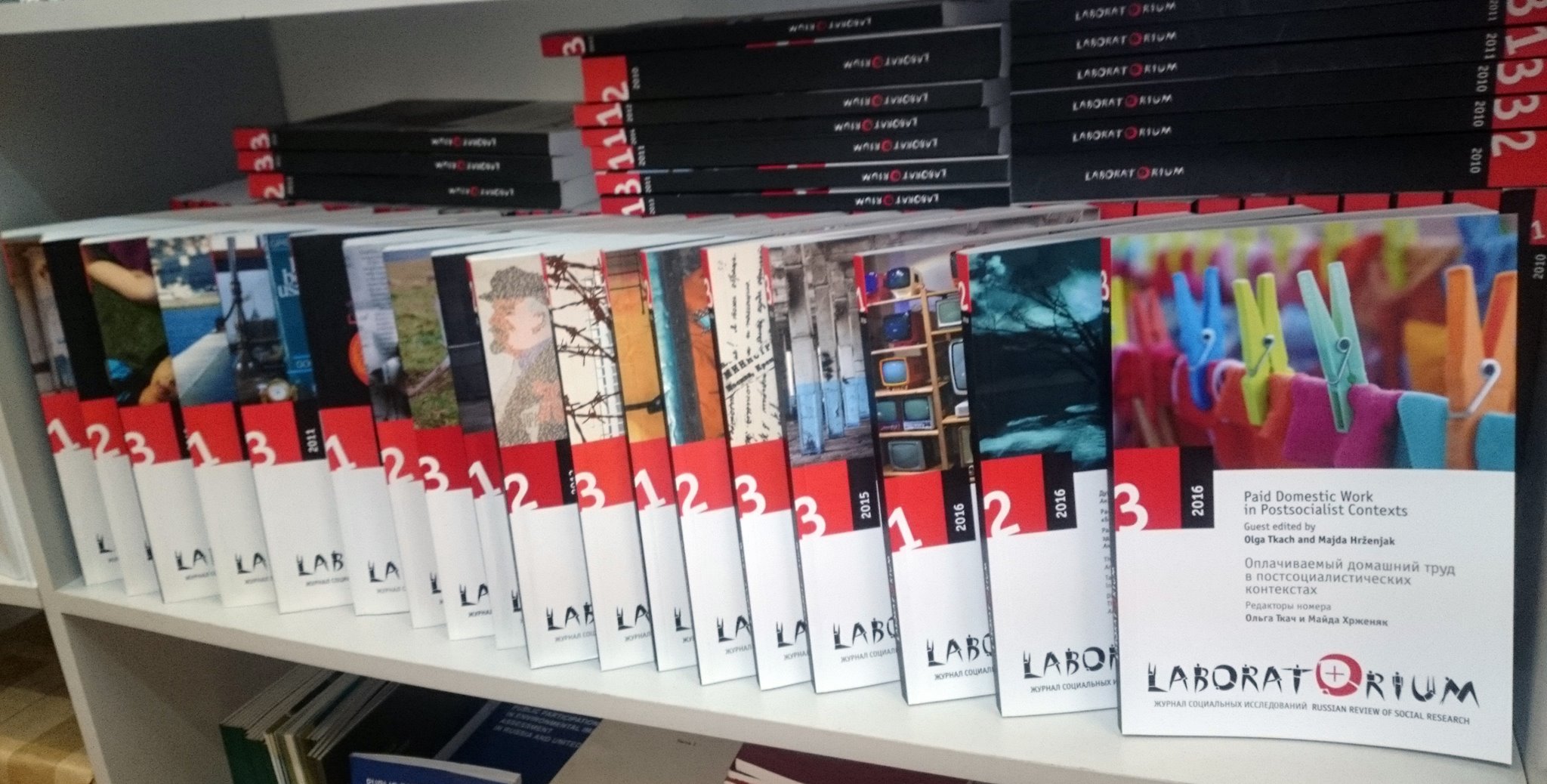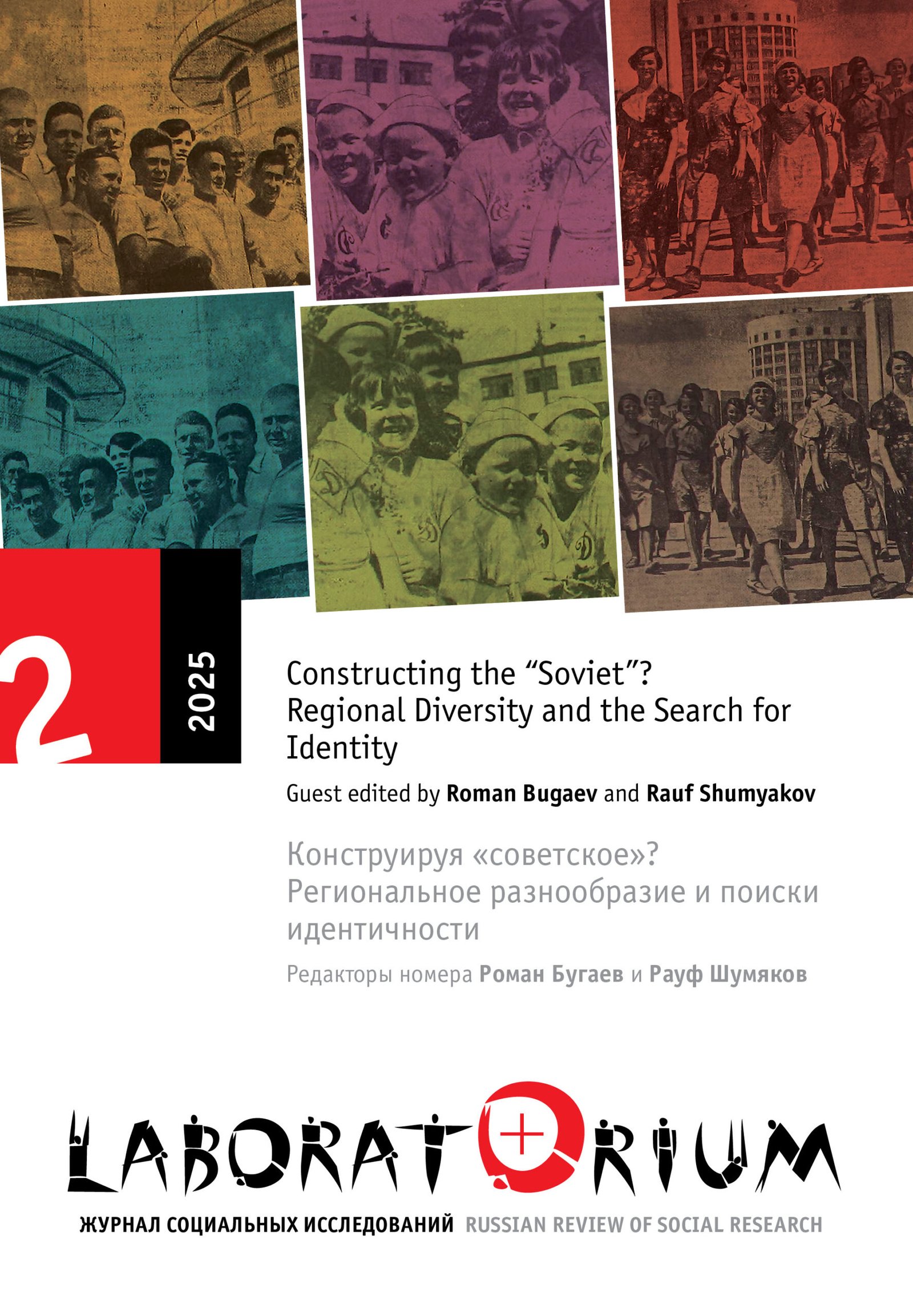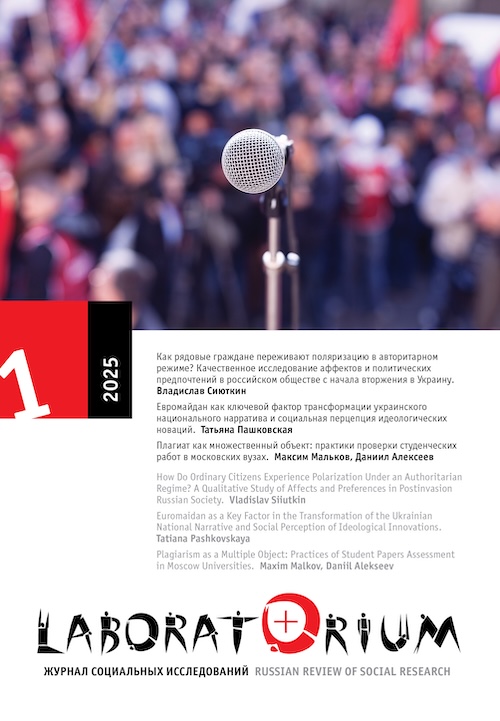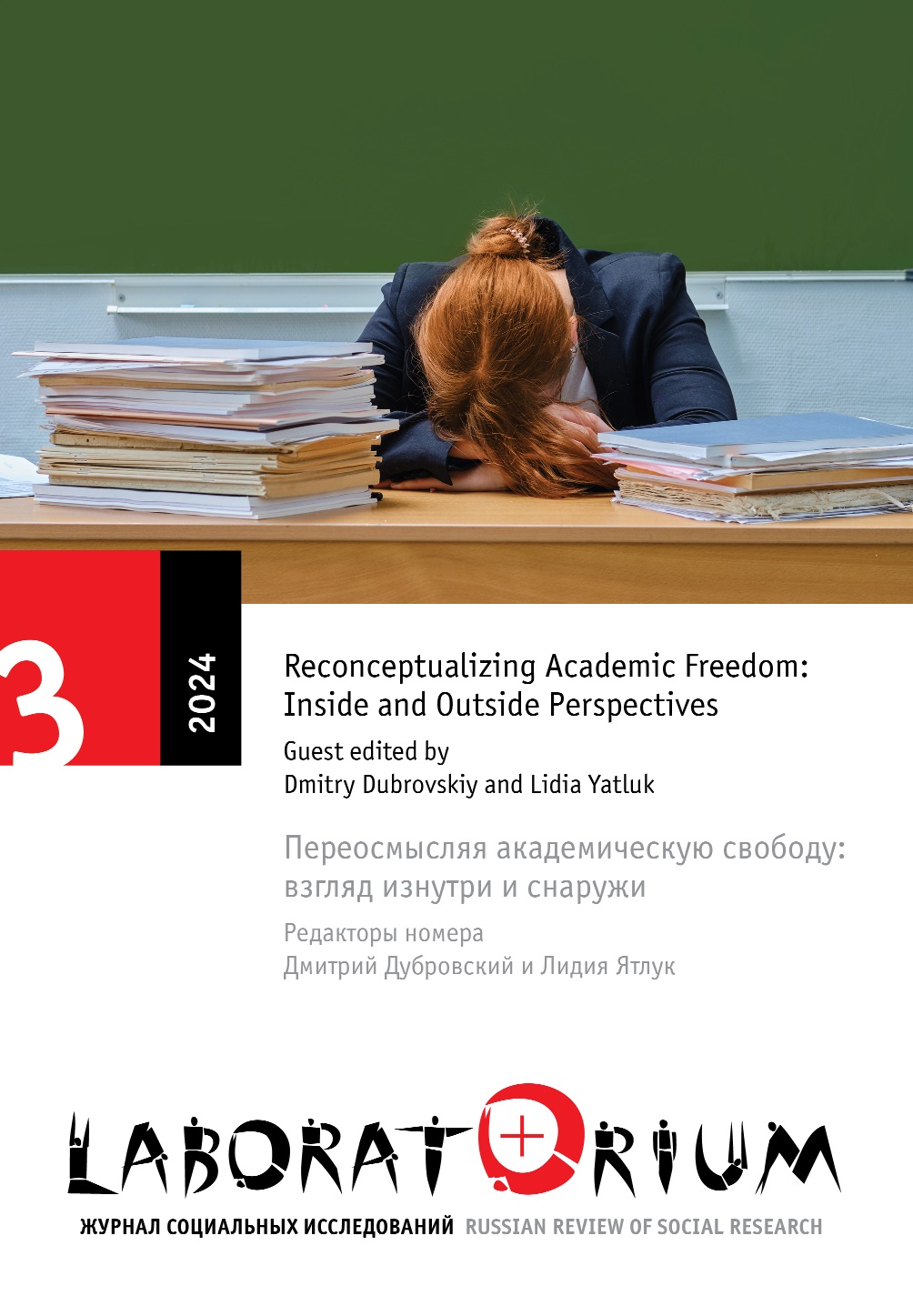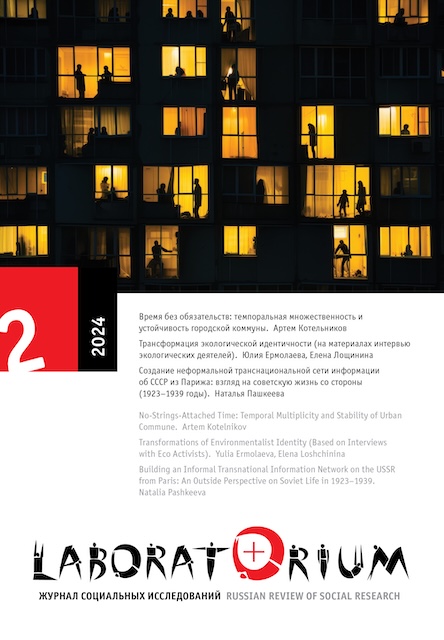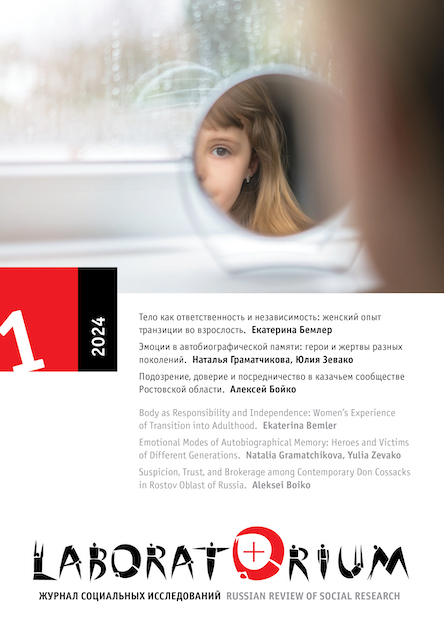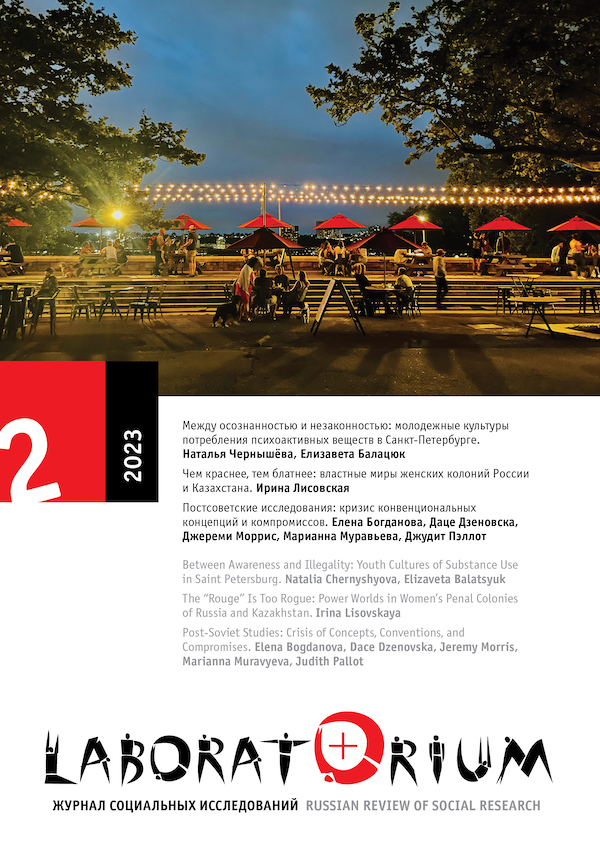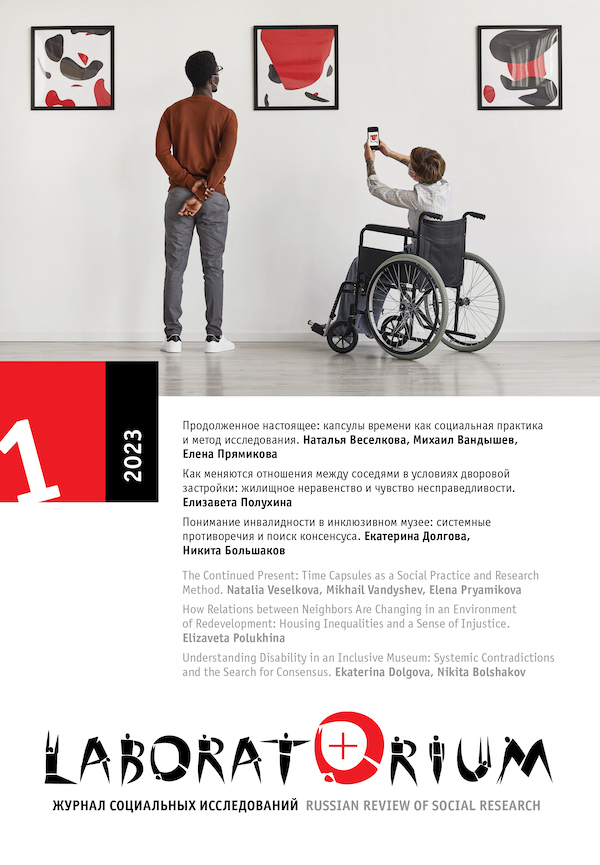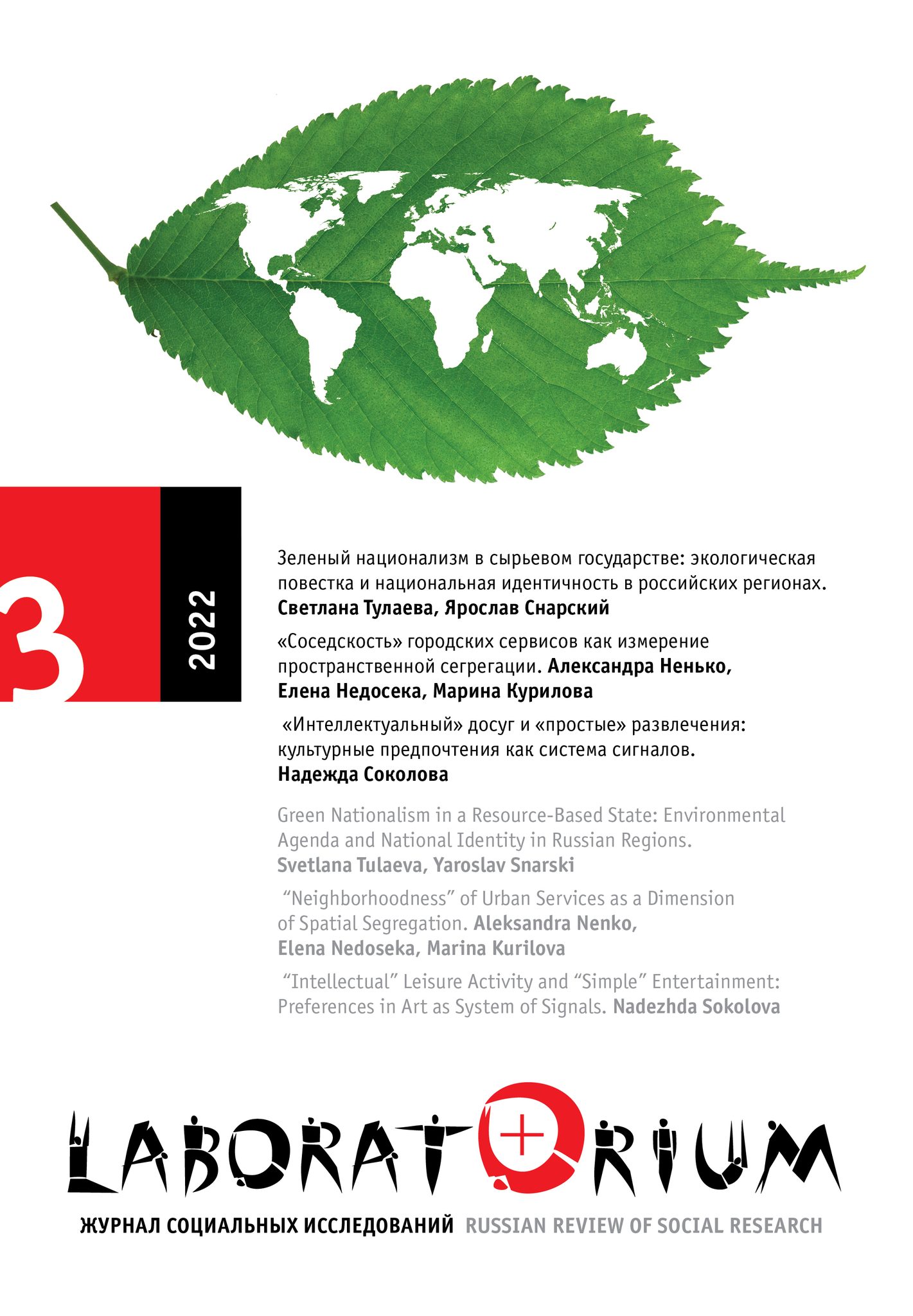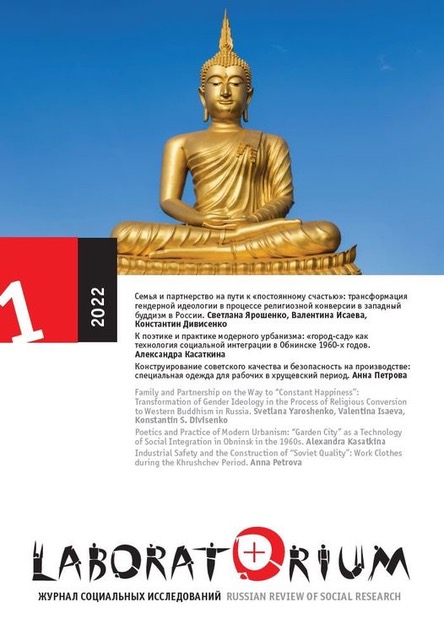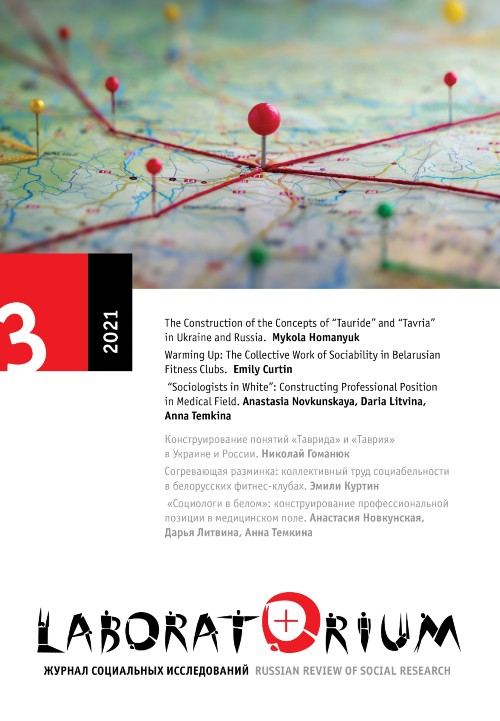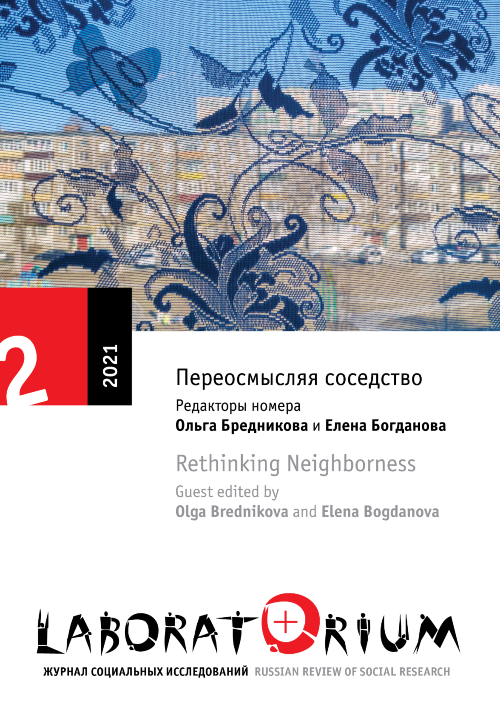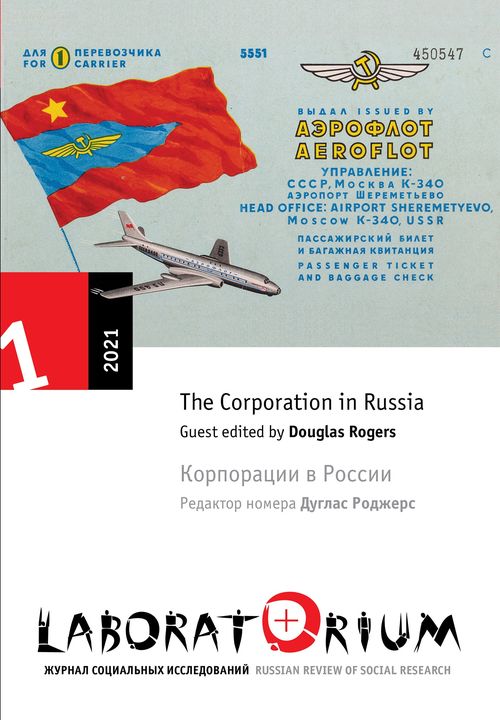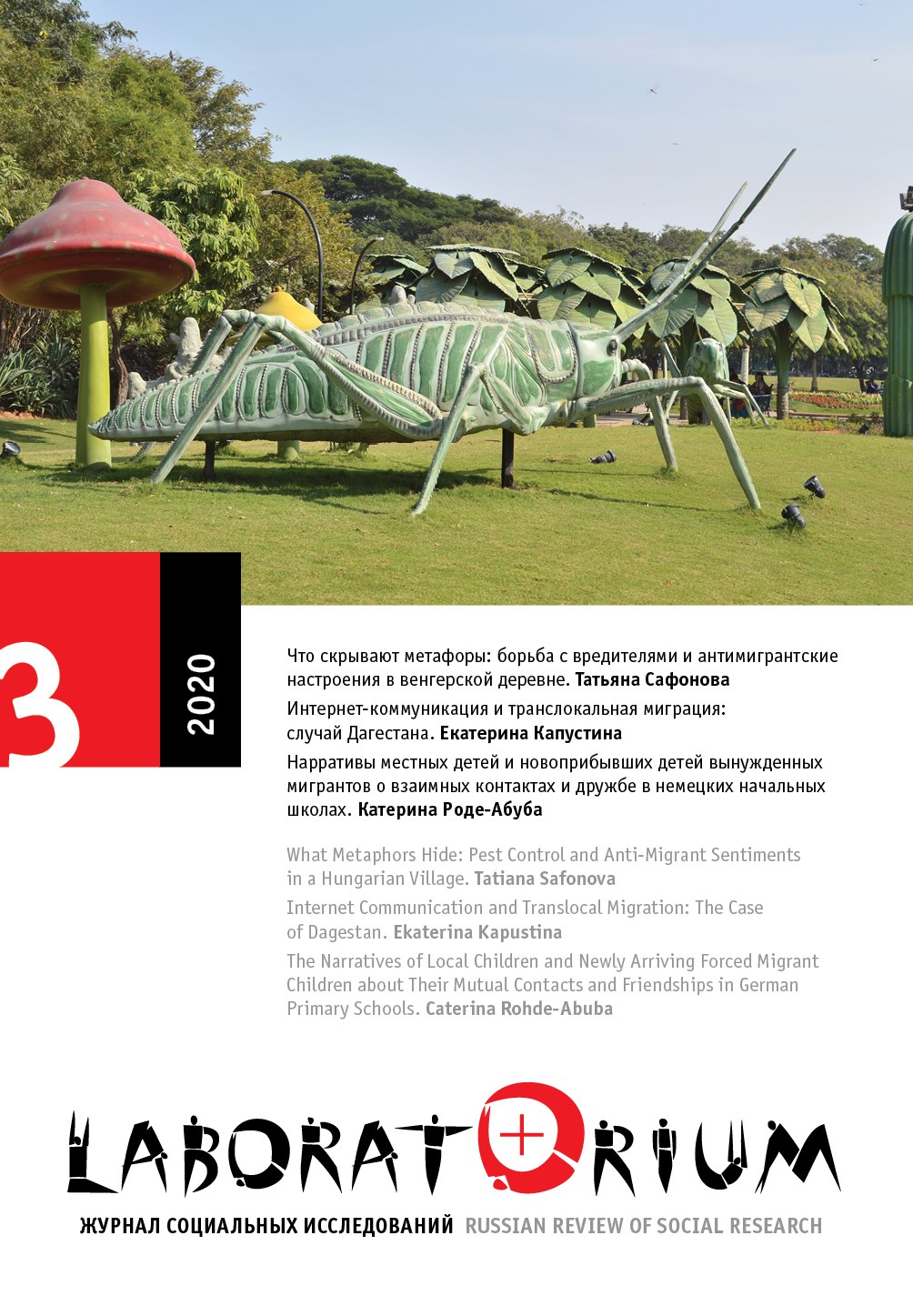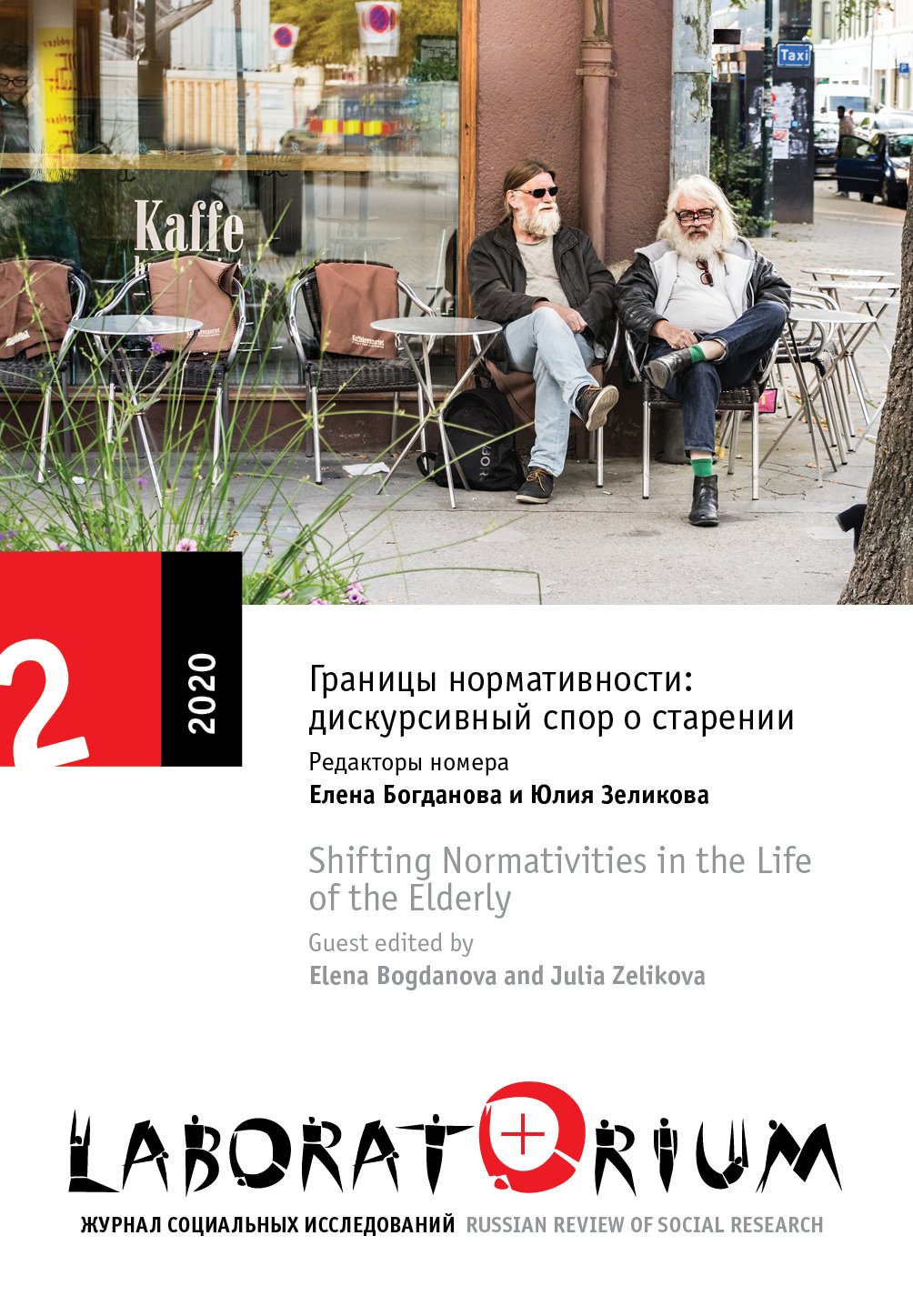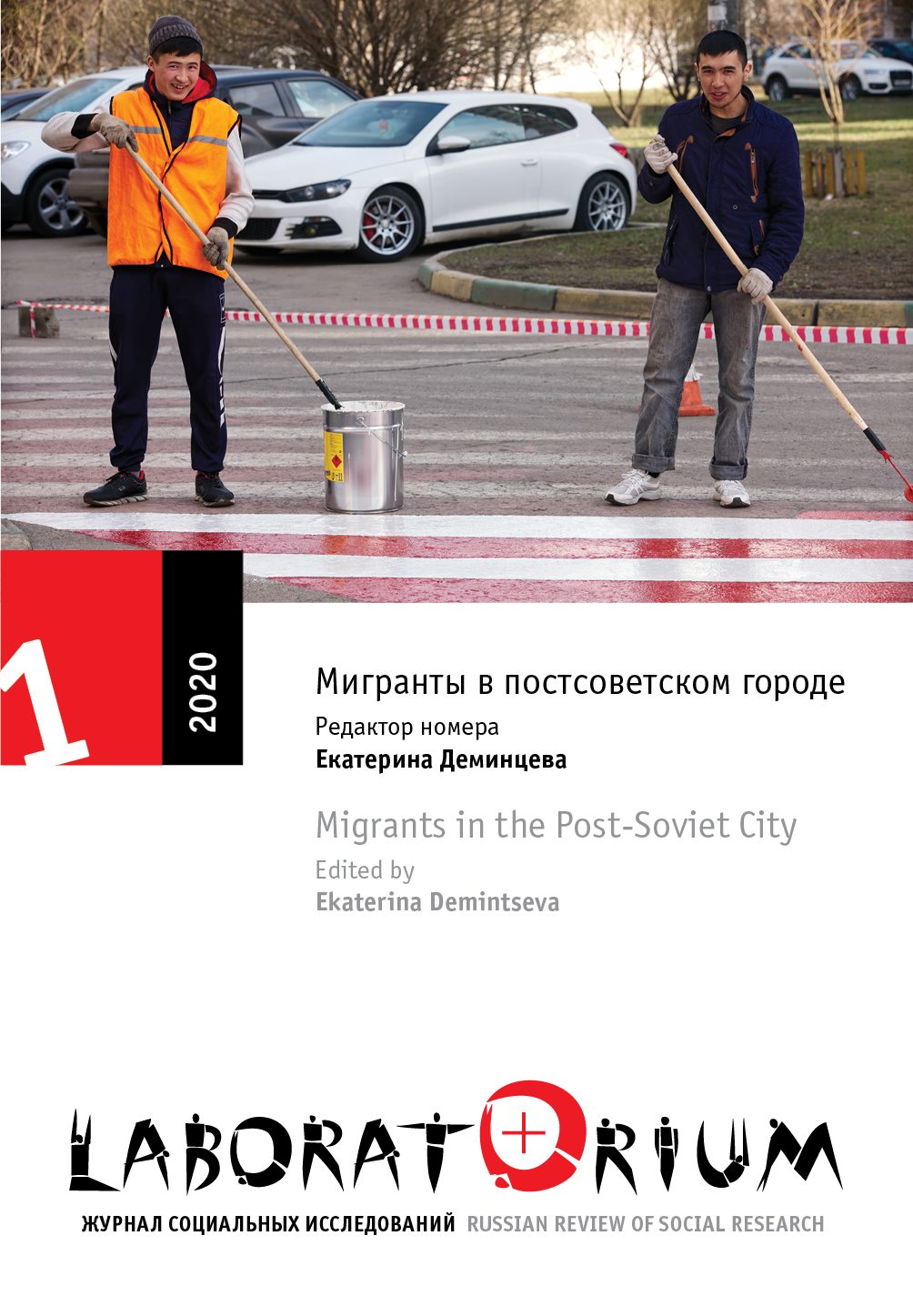About the Journal
Laboratorium: Russian Review of Social Research is an open-access, peer-reviewed journal in social sciences, established by the Centre for Independent Social Research (Saint Petersburg, Russia) and produced by an international group of scholars. The bilingual (Russian and English) journal comes out three times a year and publishes materials based on empirical qualitative social research.
Latest Issue
Vol. 17 No. 2 (2025)
Constructing the “Soviet”? Regional Diversity and the Search for Identity
Guest edited by Roman Bugaev and Rauf Shumyakov
Introduction
Constructing the “Soviet”? Regional Diversity and the Search for Identity
Roman Bugaev, Rauf Shumyakov
Articles
Olga Okhotnikova
“A Warm Welcome”: Rituals of Nikita Khrushchev’s Trips Around the USSR (1957–1964)
Tatiana Petrova
“Two Lonelinesses Just Met”: Late Soviet Loneliness and Management of Contacts
Mikhail Kulagin
Essays
Carpet and Slogan: Bricklayers’ Craft on the Margins of Soviet Housing Industry
Ivan Sapogov, Vadim Danilov
Previous Issues
Vol. 17 No. 1 (2025)
Vol. 16 No. 3 (2024)
Reconceptualizing Academic Freedom: Inside and Outside Perspectives
Vol. 16 No. 2 (2024)
Vol. 16 No. 1 (2024)
Vol. 15 No. 3 (2023)
Vol. 15 No. 2 (2023)
Vol. 15 No. 1 (2023)
Vol. 14 No. 3 (2022)
Vol. 14 No. 1 (2022)
Vol. 13 No. 3 (2021)
Vol. 13 No. 2 (2021)
Rethinking Neighborness
Vol. 13 No. 1 (2021)
The Corporation in Russia
Vol. 12 No. 3 (2020)
Vol. 12 No. 2 (2020)
Shifting Normativities in the Life of the Elderly
Vol. 12 No. 1 (2020)
Migrants in the Post-Soviet City
@soclabo


